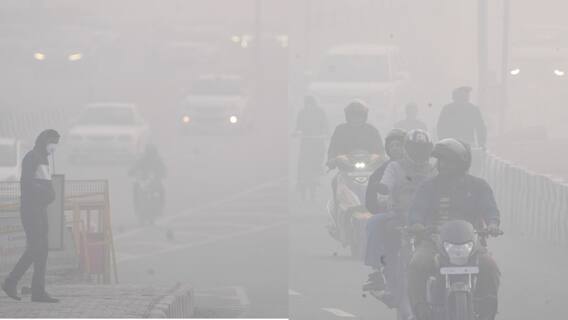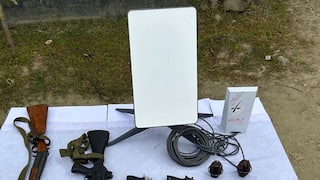Exposure to this chemical can put your baby's hormones at risk

Washington D.C. [USA], Sep 27 (ANI): Attention mothers-to-be! Exposure of dioxin - a highly toxic compound - has been linked to an increase in certain levels of hormones in women and their breastfeeding children that puts them at higher risk of birth defects, cancer and neurodevelopment disorders.
A defoliant chemical - Agent Orange - used by the US in 1962 to 1971 is one of the dioxin-contaminated herbicides that were sprayed during the Vietnam War and used in different industrial and agricultural activities.
The researchers at Kanazawa University in Japan revealed for the first time the impact of dioxin exposure on women and babies.
Lead researcher Teruhiko Kido said that dioxin hotspots in the South of Vietnam are of the most severely polluted regions in the world.
Kido added that they know exposure to dioxins has an impact on hormones and they wanted to know if this was being passed through generations and potentially putting babies at risk in these areas.
Their use has resulted in hotspots of dioxin contamination, with concentrations of the chemical two to five-fold higher in affected areas in southern Vietnam than in non-contaminated regions.
Dioxins are endocrine-disrupting chemicals (EDCs) - they interfere with how hormones send messages to each other around the body.
EDCs have been implicated in causing birth defects, cancer and neurodevelopment disorders.
In particular, dioxins have an effect on a hormone called Dehydroepiandrosterone (DHEA), which is responsible for male and female characteristics in humans.
Dioxins put these out of balance, leading to health problems and disfigurement.
The team assessed 104 women with their newborn babies from two carefully selected locations.
They chose a region in northern Vietnam, which was not occupied by the United States Air Force and Bien Hoa, an industrial city where the Americans stored approximately 50 percent of Agent Orange and where there were at least four leaks in 1969-1970.
They analysed the level of dioxin in the mothers' breast milk and tested non-invasive samples of saliva from the babies for levels of the hormone DHEA.
The results showed a nearly three-fold increase in DHEA in babies from the dioxin hotspot compared to non-contaminated regions.
This was linked to dioxins being transferred from mother to baby through their umbilical blood and breast milk.
The study confirmed that how sensitive and vulnerable children are to the environmental toxins.
The research appears in Science of the Total Environment journal. (ANI)
This story has not been edited. It has been published as provided by ANI
Trending News
Top Headlines





























